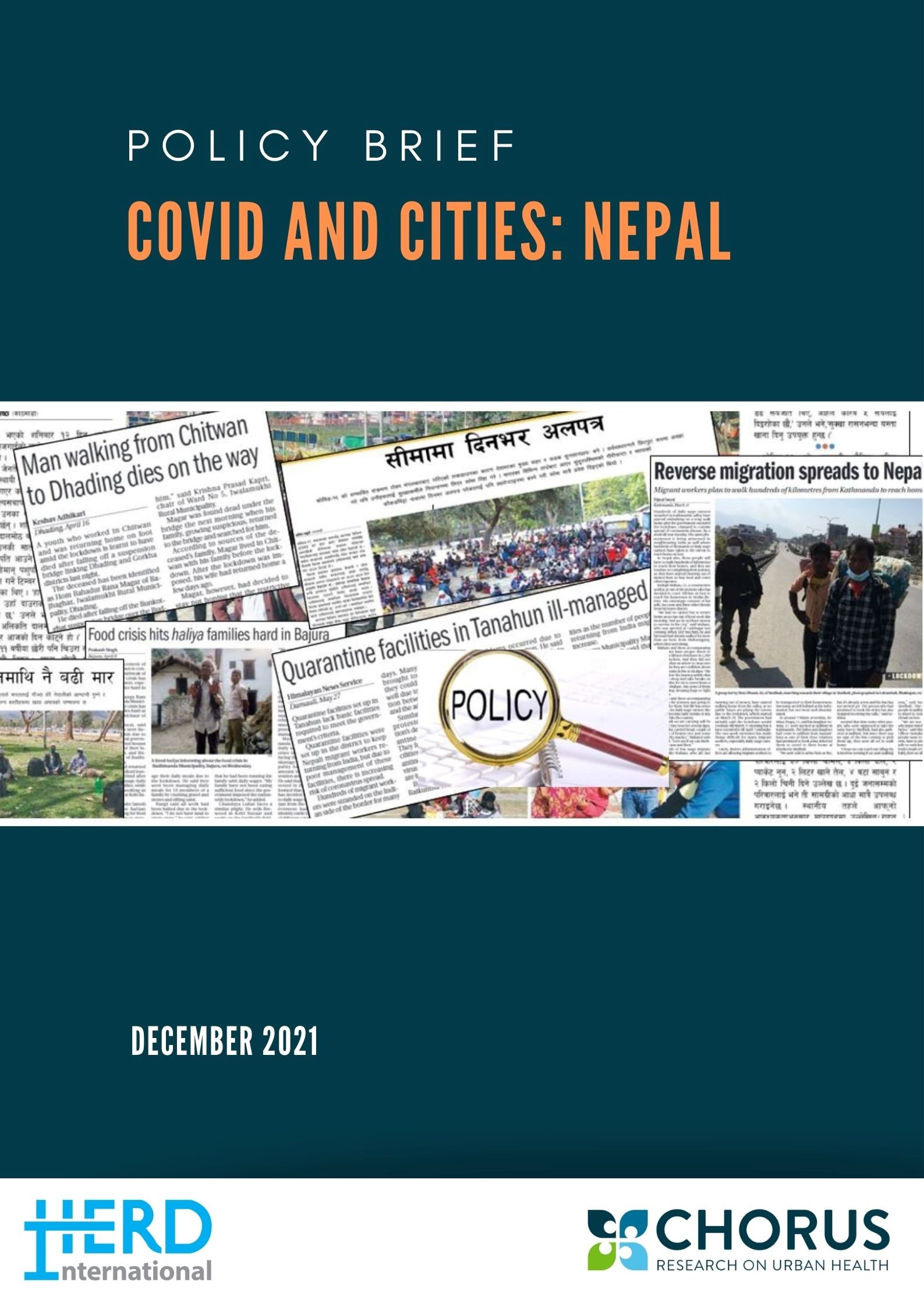
CAPACITY STRENGTHENING

CAPACITY STRENGTHENING
Strengthening capacity and capabilities is a core part of the CHORUS approach to developing research that can transform health systems. Improved capacity requires a number of different elements including skills, structures, roles, processes, and systems, not just individual expertise.
The approach needs to be dynamic since capacity priorities can change over time. A well thought out strategy can help to rebalance power relations over research agendas between country-level and global funders; strengthen links between research and policy to promote knowledge transition; and address wider systemic issues that can lead to system bottlenecks, un-used research capability and brain drain.
We aim to strengthen capacity of three groups of actors: local communities and community CSOs, health systems actors, and researchers. For each actor, capacity will be strengthened at individual, organisational and system level.
Key principles underpinning the strategy are to:
- Ensure it is owned and driven by country partners
- Facilitate partner to partner exchange and learning
- Be informed by capacity assessments
- Emphasise knowledge sharing and use of our capacity assets

STRENGTHENING CAPACITY AT THE HEALTH SYSTEM LEVEL
CHORUS embeds capacity building within all its large country projects. Through tailored interventions, partners have worked with key health system stakeholders, i.e., local governments, policymakers, communities, and CSOs, to enhance knowledge, skills and expertise, in order to successfully implement the co-created health system strengthening interventions.

HEALTH SYSTEMS ORGANISATION
Strong organisations within health systems are critical to advancing health system research.
CHORUS conducted capacity assessments across our organisations, looking at structures, staff management, research governance and external partnerships. By evaluating elements such as operational efficiency, financial management, safeguarding and ethics, we identified both strengthens and areas for improvement. With support from CHORUS, we are working to enhance capacities as well as build stronger networks and partnerships, to enable effective collaboration on research and policy efforts.

STRENGTHENING CAPACITY AT THE INDIVIDUAL LEVEL
At the heart of CHORUS’s capacity strengthening strategy is the development of individual researchers’ capacity.

During inception, we assessed researchers capacity across multiple disciplines, from methodological to leadership and project management, to identify our capacity assets and skills across our teams, as well as our needs. Based on these assessments, we designed a series of capacity building interventions to enhance both technical and soft skills, including:
- An extensive webinar series
- Training courses
- Writing workshops
- Action Learning Groups
- Mentorship and buddies
- Promoting peer learning throughout the structures of the consortium
A cornerstone of our individual-level capacity strengthening in the Action Learning Groups (ALGs), which offer hands-on, needs-based learning, complemented by mentorship from national and international experts.
Early and mid career researchers are further supported through the CHORUS Innovation Fund, which provides small grants to innovative research ideas. Those selected recieve personalised mentoring to help them develop their projects and grow professionally.
Together, these initiatives aim to ensure our researchers are well prepared to contribute meaningfully to the advancement of health system research.




